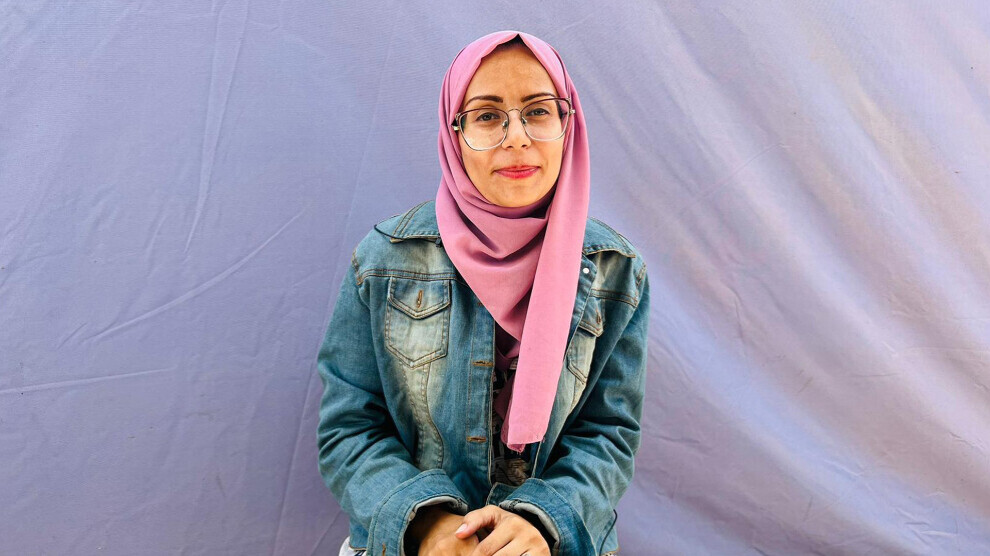Gaza’s women fight for survival amid war, pollution
Amid unrelenting war, women in Gaza face a dual struggle: surviving bombardment while enduring toxic pollution that threatens their health and deepens both physical and psychological suffering.

RAFIF ESLEEM
Gaza – After nearly two years of war, women in Gaza are also fighting what they describe as a “war of smells” invading their lungs. The ecological collapse caused by white phosphorus, missiles, and other toxic weapons has left lasting impacts on women’s health, leading to illnesses that may be difficult to cure.
On top of this, daily life under siege has forced residents to burn plastic, fabric, and other materials to cook or heat, while makeshift refineries—known locally as “the incinerators”—burn waste to produce substitute fuel after Israel blocked fuel deliveries. These practices have worsened air pollution, raised carbon emissions, and disproportionately affected women, girls, the elderly, and patients with chronic illnesses.
Pollution and disease
Amani al-Masri recalls that Gaza’s “war of smells” began in mid-October 2023, when Israeli forces launched heavy barrages of white phosphorus, followed by an onslaught of missiles and bombs. Women with respiratory conditions were among the hardest hit.
“When the bombing intensified, I rushed to put masks on myself, my husband, and my children. Those masks saved my children’s lives when our house was hit without warning. Darkness and dust filled everything—we could only call out to each other until civil defense arrived three hours later to pull us out,” she said.
Before the war, she remembers, Gaza had a balanced ecosystem—trees in every neighborhood, fresh sea air, and wide agricultural fields. “When we felt overwhelmed, we would take our children to the farmland to escape the city’s noise. But today, those lands have been bulldozed and erased.”
Now, daily fires and untreated sewage fill the air with toxic fumes, creating what she described as “a swamp of exhaust.” New insects have emerged, she added, recounting how her young daughter was bitten by an unknown species, leaving doctors unable to identify the insect or prescribe effective treatment. Her daughter’s condition deteriorated, with fever lasting several days.
Her close friend also suffered partial blindness at night, suddenly unable to walk without touching the walls for guidance. Doctors linked it to exposure to toxic gas during a wave of heavy bombardment lasting more than ten minutes.
Toxic smoke threatens health
Amani said the makeshift refineries—where plastic and tires are burned to produce synthetic fuel—have devastated Gaza’s fragile environment. “You can see the black cloud, visible from four kilometers away. It leaves behind a toxic stench that clings to your clothes and won’t wash out.”
The health toll is mounting. Residents now suffer from constant coughing, exhaustion, difficulty breathing, and the spread of flu-like symptoms. “Even if you bring medicine, it won’t help—the environment undoes everything the medicine tries to fix,” she explained.
Looking ahead, she fears a surge in cancer, kidney disease, and other serious illnesses. To cope, some women have turned to planting trees and shrubs around their homes and tents to improve air quality. But she insists real solutions are needed:
“We need cooking gas to stop the daily fires, and these incinerators must be shut down. Urgent action is needed to save lives.”
